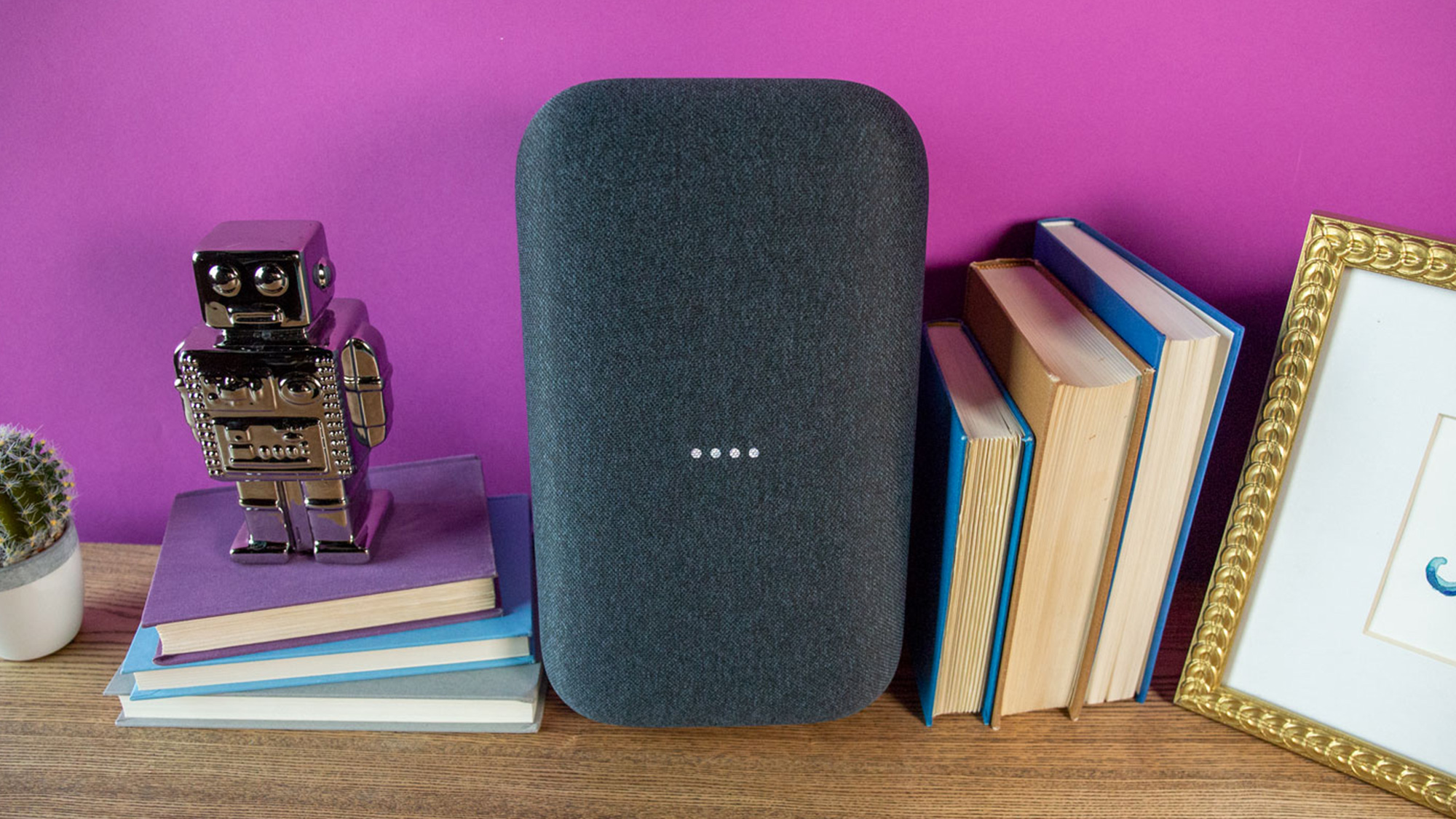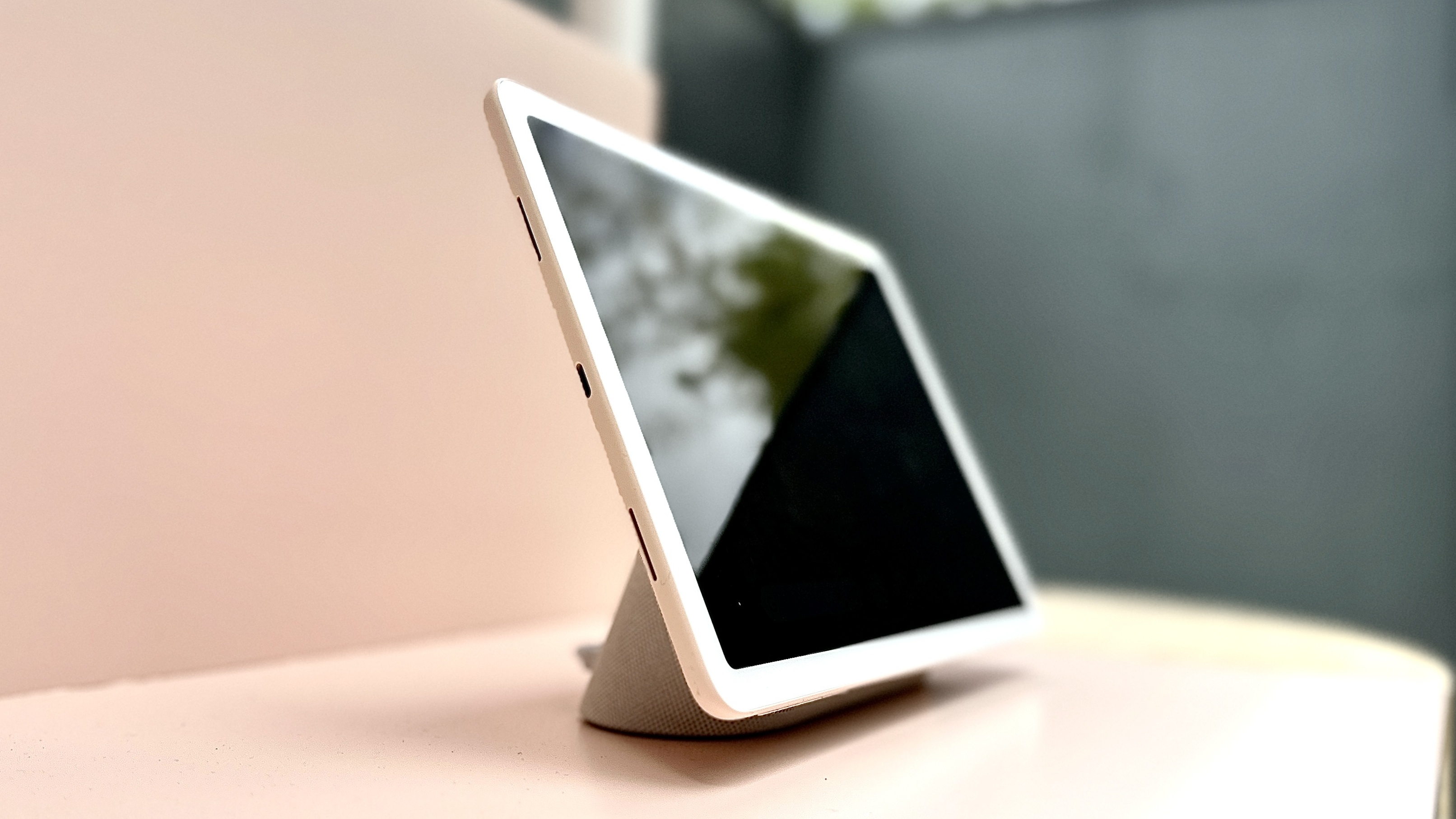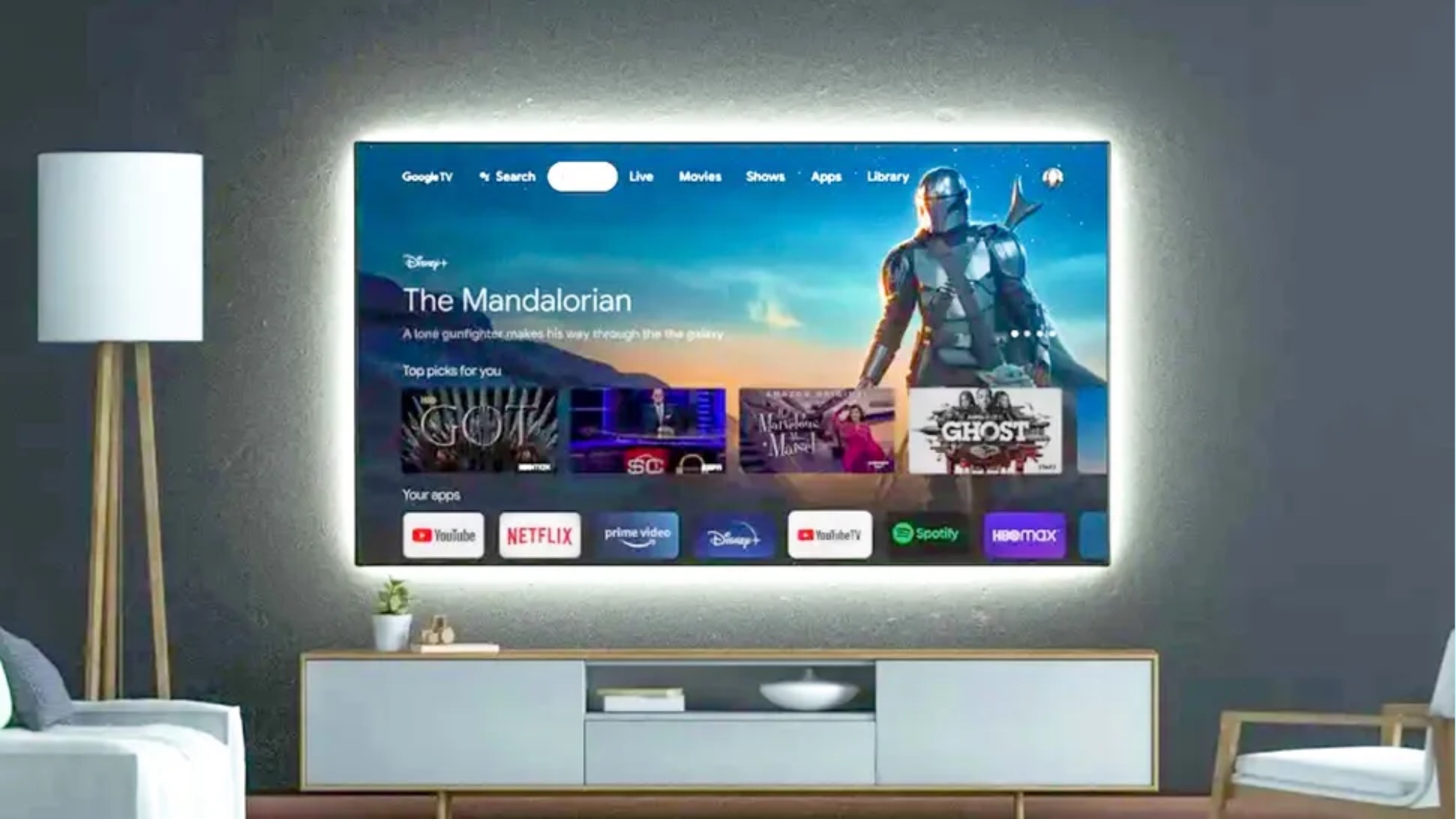
Like many, I watched the keynote address for Google I/O, and was amazed at all of the AI announcements — how it will improve Gmail, detect call scammers, let you make videos, and even analyze things in real time using an as-yet unreleased Google Glasses.
But in between showing how Google’s AI could help you with everything from planning your next vacation to your child’s homework, there was one area where no announcements were made: How AI could help you around your house, specifically with smart home devices.
I was starting to lose hope that maybe Google didn't care as much about the smart home as it used to. That's because the week before, Google announced that the Google Pixel Tablet would be offered for $100 less than its original price, albeit without the wireless dock. To be sure, Google is still offering the Pixel Tablet with the dock, but I would argue that you’re giving up the one thing that made it unique among tablets — and one thing that tapped into its power as a smart home hub.
Fortunately, the company did make an announcement on May 15, indicating that maybe, just maybe, they haven't given up entirely on the smart home.

On Wednesday — the day after all of its big announcements — Google slipped out a blog post saying that it was releasing APIs so that app developers would be able to incorporate any Google Home-compatible device into their app, regardless of whether that app was explicitly one for the smart home.
So, for instance, if you enable bedtime mode on your Google Pixel phone, not only will it dim your screen, "but can also automatically dim your bedroom lights, lower the shades and lock the front door." Another scenario mentioned in the post was that if you were to launch a workout app while you were at home, it could trigger a fan to turn on to keep you cool.
TV as smart home hub

Additionally, Google is turning more of its devices into smart home hubs. According to the company, "Chromecast with Google TV, select panel TVs with Google TV running Android 14 or higher, and eligible LG brand TVs will also become hubs for Google Home," which should improve response times when turning off your lights or controlling other smart home devices, for example.
And, if you have a supported LG TV, you'll be able to control your smart home gadgets right from the TV itself. Pretty neat.
Given this new investment, Google's decision to decouple the Pixel Tablet from the dock seems all the more confusing.
I reviewed the Pixel Tablet when it launched, and I really liked the dock, as it set the tablet apart from every other Android tablet, and even the iPad, too. One of the advantages of it is that, when docked, the tablet would provide easy access to all of your smart home controls. And it is handy — maybe not as convenient as the Echo Show 15 or the Echo Hub, but it was something that differentiated Google’s tablet.
Other than smart home functionality, what the Pixel Tablet dock offered is convenience. While tablet battery life is better than before — the iPad Air 2024 lasts 11 1/2 hours on a charge, and the Pixel Tablet lasted nearly 12 — I’ve all too often forgotten to plug my tablet into a charger, so when I go to use it, I find it’s completely dead. The Pixel Tablet’s dock is an elegant solution to both charging the tablet and still being able to use it.
However, hardware is only as good as the software running inside, and while Google has done some tremendous things with its mobile devices — such as circle to search, magic eraser, transcription, and much more — there hasn’t been much since Google updated the Home app to bring its capabilities up to the same level as Alexa and Apple HomeKit.
Google Home needs to do more...much more
This week's release about the Google Home API is a start, given all the other things that Google has announced around AI, it needs to do more. A lot more.
What if an AI could analyze all of the smart home devices in your house, and make intelligent suggestions based on how you use them? Alexa does this to a limited extent with Hunches, but imagine if Google could tap into the power of its AI models to not only automate everything in your home, but also offer ways you could reduce your energy bill?
Where is the Google Gemini for smart homes? A next-generation AI partner for your abode that could suggest paint and decor for your rooms, know the exact temperature you like your shower, and be smart enough so that a video call with your parents can follow you from room to room.
We need an AI revolution that extends to the best smart speakers, thermostats, video doorbells and ties everything together. The first step will be making it so we no longer have to ask Alexa or Siri or whoever to turn on the lights and set our thermostat when we walk in the door; you can already do that to an extent. I’ve been covering the smart home space for a while, so I’m waiting to be wowed by what I haven’t thought of yet.
Maybe Google is saving its smart home announcements for the fall alongside the Pixel 9 launch. I’ll leave the porch light on for them.







